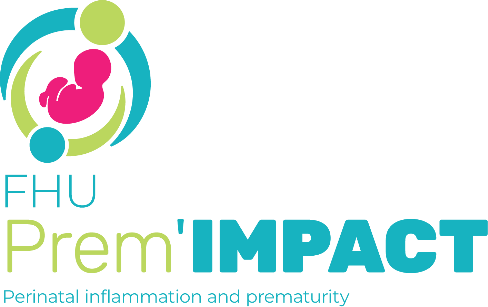Abstract
Objective: to determine whether pulmonary hypertension (PH) is associated with higher risk of adverse neuro-
developmental outcome at age 5 in a population-based cohort of 22–31+6 preterm children.
Study design : in the EPIPAGE-2 French prospective population-based cohort of preterm children born in 2011, the neurodevelopmental outcome of children with PH was collected at 5 years. The primary outcome was a com-
posite measure with four levels of neurodevelopmental disabilities: severe, moderate, mild, no disability, based
on cerebral palsy, visual, hearing or cognitive deficiencies, behavioral difficulties and developmental coordi-
nation disorders. Secondary outcomes were autism spectrum disorders and school attendance. Missing data were multiply imputed. Developmental measures were compared using generalized estimating equations models.
Results : Of the 3007 eligible children, 1825 were analyzed, of whom 79 (4.3 %) were PH+. At age 5, 36.9 % (95
% CI, 26.0–47.8) of PH + children had moderate to severe overall neurodevelopmental disabilities compared
with 17.9 % (95 % CI, 16.1–19.8) of PH–children, P < 0.001. Significant differences at 5 years between the PH+
and PH– groups were observed for cerebral palsy (CP) (6 % versus 2.3 % for severe CP, P = 0.003), cognitive
deficiency (31.7 % versus 15.0 %, P < 0.001) and developmental coordination disorders (27.1 % versus 11.7 %,
P < 0.001). There were no significant differences in behavioral difficulties and autism spectrum disorders.
Normal school was attended by 69.2 % of PH + children versus 88.3 % of PH– children.
Conclusion : In this nationwide population-based cohort of extremely preterm and very preterm infants, moderate to severe overall neurodevelopmental disability at age 5 was significantly associated with neonatal PH.
